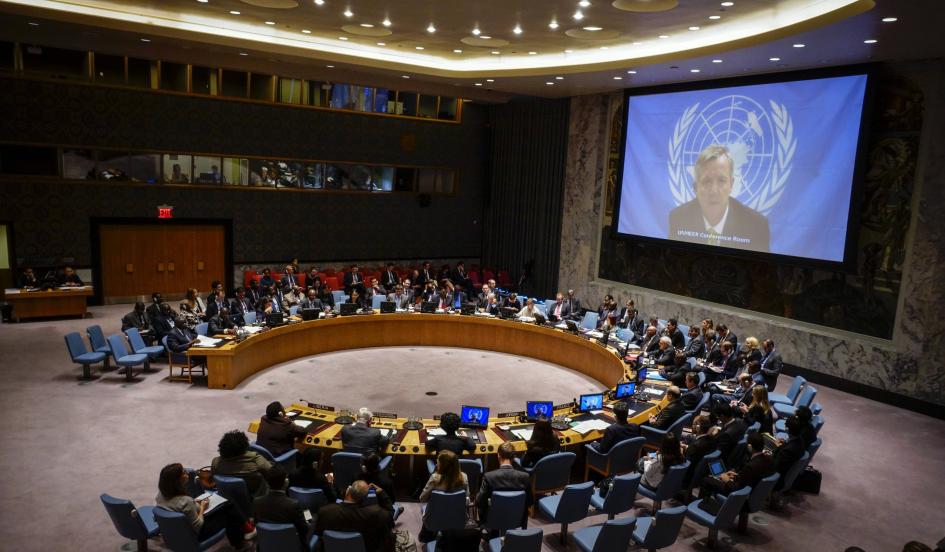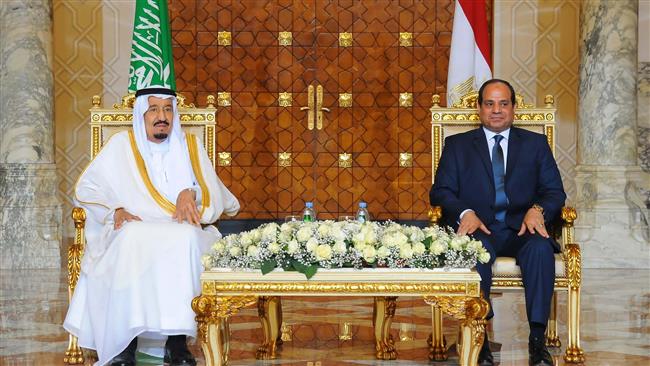
The U.N. Security Council has condemned Israel’s construction of settlements, with US Ambassador Samantha Power saying the project hurts Israel’s security
The U.N. Security Council has approved a resolution condemning construction of Israeli settlements in the West Bank, after the U.S. abstained from the vote rather than vetoing the resolution outright.
In explaining the U.S. abstention, Ambassador Samantha Power said the move doesn’t signal diminished U.S. support for Israel; she later added that the continued construction of settlements “seriously undermines Israel’s security.”
Power said, “The United States has been sending the message that the settlements must stop, privately and publicly, for nearly five decades.”
A day after Egypt withdrew the resolution under pressure from Israel and President-elect Donald Trump, several other Security Council members brought the draft to a vote. Fourteen supported it; Power was the only one to abstain.
At the start of Power’s remarks explaining the U.S. position on the resolution, the ambassador read aloud a quote she said was from President Ronald Reagan, in 1982:
“The United States will not support the use of any additional land for the purpose of settlements during the transitional period. Indeed, the immediate adoption of a settlement freeze by Israel, more than any other action, could create the confidence needed for wider participation in these talks. Further settlement activity is in no way necessary for the security of Israel, and only diminishes the confidence of the Arabs that a final outcome can be freely and fairly negotiated.”
Power said that in addition to condemning settlements, the resolution “reflects the facts on the ground,” condemns violence and terrorism and addresses “counter-productive actions by the Palestinians.”
The U.S. abstention comes one day after President-elect Trump issued a statement calling on the U.S. to veto the resolution.
“As the United States has long maintained, peace between the Israelis and the Palestinians will only come through direct negotiations between the parties, and not through the imposition of terms by the United Nations,” Trump said. He added that the resolution “puts Israel in a very poor negotiating position and is extremely unfair to all Israelis.”
The UN Security Council was to approve a resolution demanding Israel “immediately and completely cease all settlement activities in the occupied Palestinian territory, including East Jerusalem,” two Western officials said.
Egypt’s al-Sisi delayed a UN Security Council vote on the Israeli settlements. A Western diplomat was cited by Reuters said that Al-Sisi has instructed Egypt’s U.N. mission to postpone a Security Council vote on a draft resolution demanding an end to Israeli settlements.
It is noteworthy that settlements on occupied land are considered illegal under international law.
Israeli pressures delayed the resolution
Diplomats said that Abdel Fattah al-Sisi of Egypt put off the vote because of pressure from Israel, saying another factor may have been a fear of alienating Trump.
An Israeli diplomat said that officials in Netanyahu’s office spoke to Egyptian officials about postponing the vote.
Trump’s phone call with al-Sisi
Abdel Fattah al-Sisi has spoken on the phone with President-elect Donald Trump, amid reports that Egypt had postponed a UN Security Council resolution on Israeli settlements, according to officials from US and Egypt.
According to Reuters, al-Sisi spoke with U.S. President-Elect Donald Trump on Thursday about Egypt’s draft resolution on Israeli settlements at the U.N. Security Council as said by Sisi’s office.
The presidency spokesman Alaa Yousef said, “During the call, they discussed regional affairs and developments in the Middle East and in that context the draft resolution in front of the Security Council on the Israeli settlement.”
He also added,” “The presidents agreed on the importance of affording the new U.S. administration the full chance to deal with all dimensions of the Palestinian case with a view of achieving a full and final settlement.”



